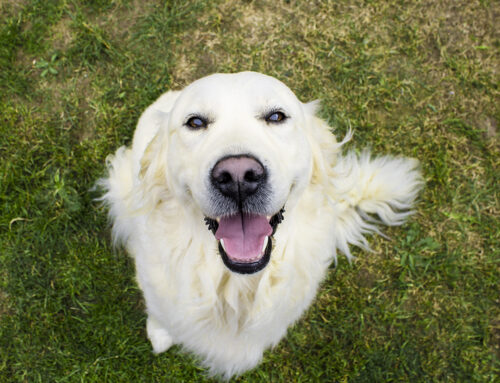This article is taken from a series we publish in the Lancaster District Magazine
Pet Blood Bank UK is the only charity that provides a canine blood bank service for all veterinary practitioners across the UK.
Similar to the human blood service, dog owners kindly bring along their much loved canine companions to give blood at one of our many sessions across the country. Find out more about your dog giving blood and the difference they can make.
WHY ARE CANINE BLOOD BANKS NEEDED?
Did you know seriously ill dogs and cats require blood transfusions from time to time? Transfusions are recommended for a number of different conditions including:
Severe anaemia cases such as Immune Mediated Haemolytic Anaemia (IMHA),
Following a splenectomy (removal of the spleen) To replace blood loss following trauma
To replace blood in patients with blood clotting disorders (haemophilia)
HOW MANY DOGS CAN BE SAVED?
Whole blood can be transferred directly from donor to patient. Whole blood is transfused when platelets, that are responsible for blood clotting, are needed. However, often only red cells or plasma components are needed
so the blood is divided into components. This way, one unit of whole blood can be used to potentially save between two and four dogs.
Frozen plasma has a longer shelf life than whole blood and can be stored for up to ve years. Red blood cells are refrigerated and can be stored for up to six weeks.
Like us, dogs have different blood types and in the UK we test for DEA 1 Negative and Positive.
PET BLOOD BANK UK
Pet Blood Bank UK is a charity that provides a canine blood bank service for veterinary practitioners across the UK. Similar to the human blood service, dog owners bring along their dogs to give blood at one of many sessions across the country, including sessions at our Bay Vets’ surgery in Lancaster. The blood is then processed to separate it into red blood cells and plasma products before storing ready for despatch.
With only 30% of donors being Negative blood type, keeping up with demand can be challenging. Certain breeds are more likely to be Negative – Dobermanns, Greyhounds, Boxers, German Shepherds, Flat-Coated Retrievers, Airedale Terriers, Weimaraners, Lurchers, American Bulldogs, Pointer (English) and English Bull Terriers.
Whatever the breed (not just those listed) a canine blood donor needs to be:
Fit and healthy
Between one and eight years old Weigh more than 25kg
Have a good temperament
Have never traveled abroad Vaccinated
Not on any medication
The health and well-being of donors is paramount. Donor dogs get a health and suitability check by a vet and small blood samples tested before donating about 450 ml of your dog’s blood. After donating, just like with human sessions, dogs get a drink and something to eat. A quiet remainder of the day is advised and then donors can go back to their normal routine the following day.


